Internal Auditor Training On ISO/TS 16949
Original price was: ₹24,000.00.₹12,000.00Current price is: ₹12,000.00.
ISO/TS 16949 is an international standard for quality management systems specific to the automotive industry. Internal auditors play a crucial role in ensuring that the organization’s quality management system (QMS) meets the requirements of this standard. Training internal auditors on ISO/TS 16949 is essential to ensure that they have the necessary skills and knowledge to effectively audit the QMS.
Here’s a suggested outline for an internal auditor training on ISO/TS 16949:
### 1. Introduction to ISO/TS 16949
– Overview of ISO/TS 16949
– History and evolution of the standard
– Importance of ISO/TS 16949 for the automotive industry
### 2. Understanding Quality Management Principles
– Customer focus
– Leadership
– Engagement of people
– Process approach
– Improvement
– Evidence-based decision making
– Relationship management
### 3. Requirements of ISO/TS 16949
– Scope of the standard
– Normative references
– Terms and definitions
– Requirements for a QMS
### 4. Process Approach
– Understanding processes and process interactions
– Process identification and mapping
– Process performance evaluation
### 5. Core Tools and Techniques
– Advanced Product Quality Planning (APQP)
– Failure Mode and Effects Analysis (FMEA)
– Measurement System Analysis (MSA)
– Statistical Process Control (SPC)
– Production Part Approval Process (PPAP)
### 6. Conducting Internal Audits
– Planning and preparation for audits
– Audit techniques and methodologies
– Audit criteria, scope, and objectives
– Conducting audit interviews and collecting evidence
– Reporting audit findings
– Corrective action and follow-up
### 7. Auditor Competencies and Behaviors
– Auditor roles and responsibilities
– Ethical considerations for auditors
– Communication skills for auditors
– Conflict resolution and interpersonal skills
### 8. Case Studies and Practical Exercises
– Hands-on exercises on auditing techniques
– Case studies based on real-world scenarios
– Role-playing exercises for audit scenarios
### 9. Continuous Improvement and Corrective Action
– Principles of continuous improvement
– Corrective action process
– Monitoring and measuring QMS performance
– Management review
### 10. Examination and Certification
– Written examination covering the training material
– Practical assessment through role-playing or case studies
– Issuance of internal auditor certification upon successful completion
### Additional Tips:
– **Expert Trainers**: Ensure that trainers have expertise in ISO/TS 16949 and practical auditing experience.
– **Interactive Learning**: Incorporate interactive learning methods such as group discussions, workshops, and hands-on exercises to enhance understanding and retention.
– **Documentation**: Emphasize the importance of proper documentation throughout the audit process, including audit plans, checklists, and reports.
– **Feedback and Evaluation**: Collect feedback from participants to continuously improve the training program.
By following this outline and incorporating these tips, you can develop a comprehensive and effective internal auditor training program on ISO/TS 16949 tailored to the needs of your organization.

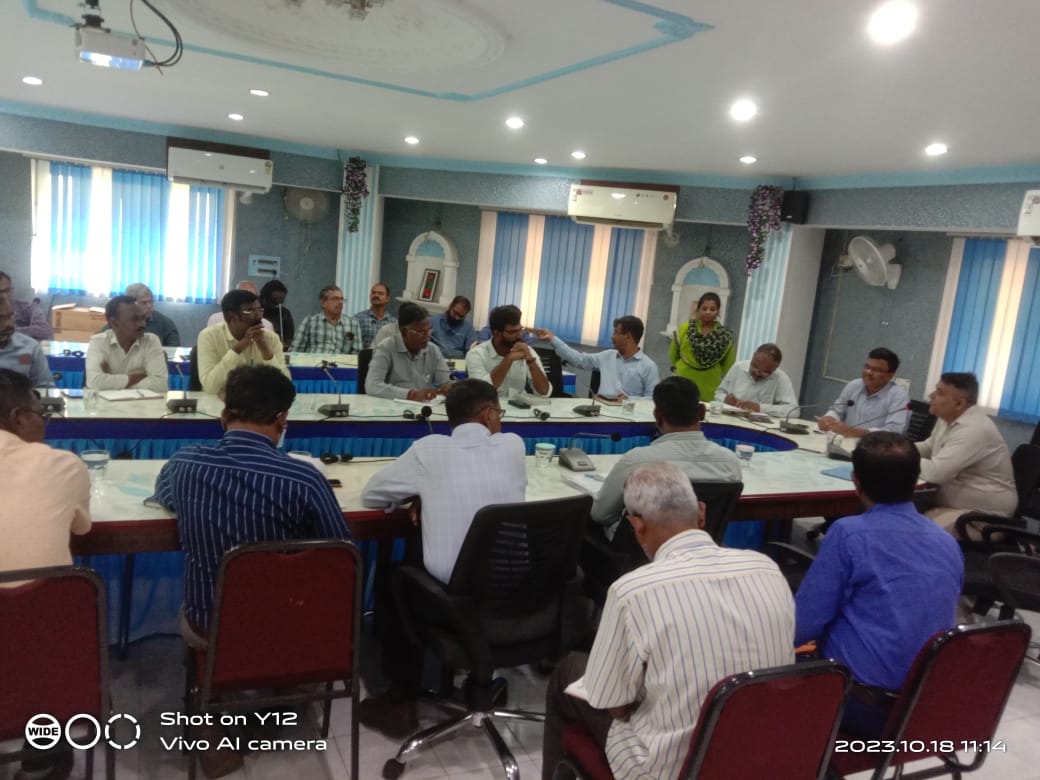

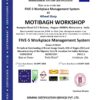
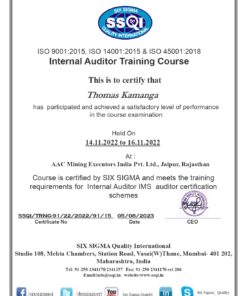
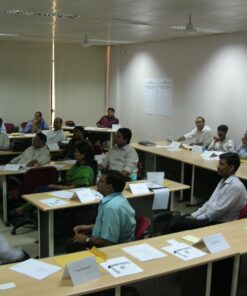
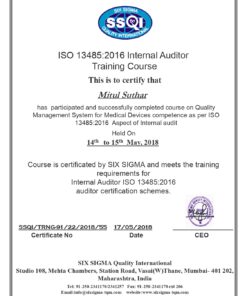



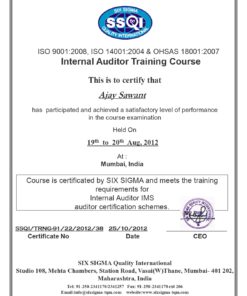
Reviews
There are no reviews yet.